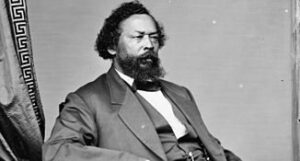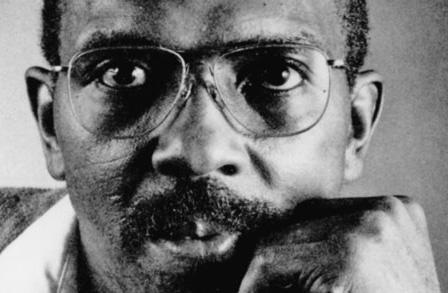This Day In History: March 17th
Benjamin Sterling Turner began his life in slavery, but he managed to defy societal norms of the era to became a U.S. Representative and businessman. During his time in office, Turner advocated for improved infrastructure in Alabama and the expansion of civil rights for African-Americans.
He was born on March 17, 1825 in Weldon, North Carolina. Turner grew up in slavery with no formal education but he informally learned by being around the children of his owner. After being sold at the age of 20, Turner began working for Major W. H. Gee at his hotel and livery stable. Turner managed the businesses and was allowed to keep part of the profits.
Turner saved enough money to purchase property and he continued to maintain the land for Gee after he left to join the Confederate army. Although Turner had his land, his finances suffered following the Civil War. He was able to rebuild his wealth and in 1865, he opened a school in Selma, Alabama that provided opportunities to freedmen.
Two years later, he began his political involvement by attending the 1867 Republican state convention. He gained attention from local officials and was soon appointed as Dallas County tax collector. Turner became a Selma city councilman in 1869, although he later resigned from the position.
In 1870 Turner was elected to congress and he became the first African-American Representative in Alabama history. While in office Turner worked to secure federal funding for the state’s damaged buildings in addition to calling for racially mixed schools and reparations for former slaves. Turner also pushed for Black Civil War veterans to be included on the pension roll.
By the time of re-election Turner was re-nominated by Republicans, but his popularity amongst constituents declined. He lost his reelection campaign to Frederick G. Bromberg and returned to Selma after his term ended in 1873.
After his departure from congress, Turner’s political affairs were limited. He attended the 1880 Alabama Labor Union Convention and served as a delegate to the Republican National Convention in Chicago. An economic recession caused Turner to lose his business and he relied on farming for an income.
Turner died in Selma, Alabama on March 21, 1894.








